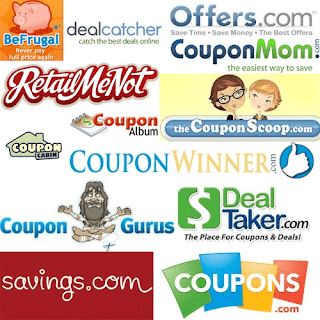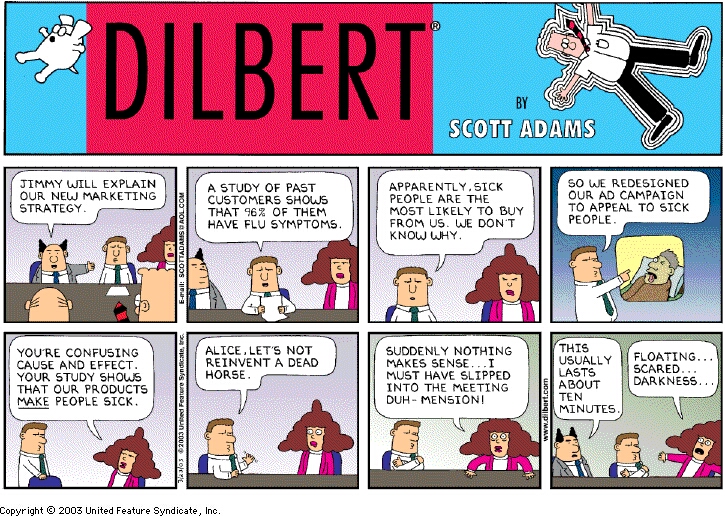Rule #1: Do not over-communicate.
So many people fall into this pitfall. They think if they bombard all of their publishers every day with lots of deals and offers in a big newsletter they'll make more sales. That is simply not true. All it proceeds in doing is annoying your publishers, making them feel like their being spammed and the more e-mails they get from you, the more they will start to ignore you completely and lose interest in your program.
Rule #2: Always have something new to say.
If you keep sending the same offers again and again and again, your publishers will just lose interest because they've seen it already and have either already put it up or determined that it is not a worthwhile offer. Eventually this will run you into the same problem that we found when violating rule #1. The publishers will simply start ignoring you completely so that if you do have something worthwhile, you'll have a much lower response.
Rule #3: Don't make empty promises.
Sadly, this had to go in here also. When you send out offers and promotions and especially bonus incentives, you absolutely have to follow through on your offer. Don't be the "boy who cried wolf" to your publishers. If you have a plan to send out daily offers for a two week span, then make absolutely sure you have something up and ready for them every single day. If not, your publishers will be trained to not trust you and will eventually leave your program for a competitor they can trust.
Rule #4: If you're sending a personal e-mail, be personal!
When you're trying to reach out to specific publisher contacts personally, even if it's someone you've never contacted before, be personal. Keep it short, to the point, and make it sound like you're really interested in hearing from them personally. Lengthy and informal e-mails are almost always a sure-fire way to guarantee your e-mail to be filed away for later and probably lost or forgotten. You'll find that the more simple and personal messages are more likely to be read and responded to.
Rule #5: Be careful with your subject line.
For this one, I'll just refer you to a great Mashable article showcasing an infographic and study done by Boomerang: http://mashable.com/2012/02/09/boomerang-email-infographic/
Rule #6: "Rule of Three" for those personal e-mails.
Credit for this one goes to a couple of Account Directors at Commission Junction. I heard them speak at CJU last September and they brought up this "rule of three":
- 3 words in the subject line
- 3 paragraphs, maximum
- 3 sentences per paragraph
Rule #7: What's in it for me?
That's what a publisher wants to see. If you want to grab their interest, make sure there's something in there that shows them how much they can gain by promoting your offer or responding to your requests.
Rule #8: Get feedback.
As I said before, every individual will have their preferences. Once you've got them, be sure to ask them the best way to get in touch regularly that will ensure the best responsiveness. Keep notes on your top publishers and who your contacts are as well as best way to reach them and what processes are best to send them your offers.
Rule #9: Using the phone should not be your first method of communication.
Especially in this industry where everything is online, most people find random phone calls to be disruptive and extremely annoying, especially if there's been no frame of reference or past contact history. You'll find that most are super responsive to the right e-mails and prefer e-mail only communication. Of course getting on the phone should be involved at some point, and can be the only way, but it shouldn't be your first attempt. Send an e-mail first and wait for a response. I'd even suggest sending 1-2 follow-up e-mails before picking up the phone. Speaking from personal experience, I've gone out of my way to ignore those that abuse the phone like aggressive salespeople. I'm much more agreeable and responsive to any form of online communication.
Rule #10: Be Friendly
Publishers are people and they're people that you want to work hard for you. Always treat them nicely, be courteous and professional. Even if they've made mistakes, 95% of the time, it is not on purpose. Keeping them happy will guarantee that they will make you happy too.











